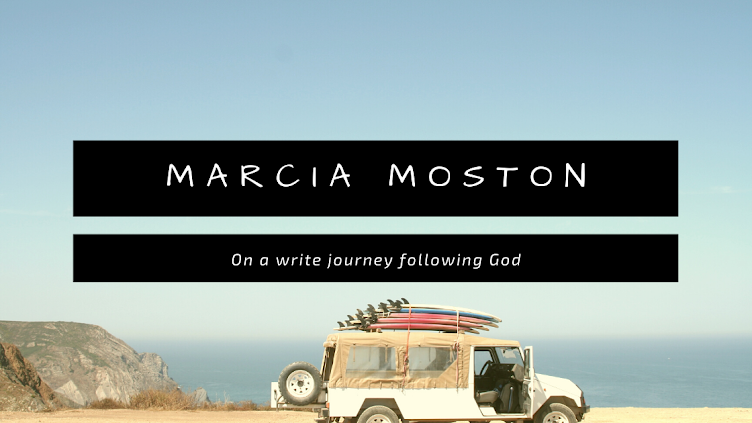I admit, I am envious of those of you who clearly know what your focus, life purpose, and (if a writer) platform is. You are the goal setters, outline makers, and Twitter collectors. You can settle down in your neighborhoods because you know where you want to live; you can write your stories because you know what to say, and you are comfortable with what you believe God has purposed you to do.
The pressure on me to join this group is becoming more intense because 1) I have written a published book for which I am somewhat responsible to market 2) I am becoming “full of days” and should figure this out sooner than later 3) My husband is putting his foot down about moving to another Renovation.
I’m not looking for excuses, but I do want to offer those of you in my tribe the hope that gets me through when I can’t seem to find my spot: And then there’s God.
In most author interviews, people are asked, “When did you know you wanted to be a writer?” Many answer something about how they scribbled stories on napkins at McDonald’s and never dreamed
about anything else.
I thought about what my own response would be. Forever fond of stories, I think I considered writing early on, but the desire was more defined when we decided to move south. I envisioned sitting by my own pool and writing a book. About what? I had no idea, but it was a vivid image.
And so we moved south; I sat by my pool and wrote a book.
As a child, I don’t remember, being smiled at by friendly strangers and asked, “What’s your name?” followed by “How old are you?” The question I do remember is “What do you want to be when you grow up?”
Aware very early that I needed to be something, I chose my course. A fourth-grade lesson about ancient civilizations convinced me I would spend my life as an archeologist, unearthing hidden treasures—an idea dispelled in seventh-grade by the pictures in a Wonder Book on the universe, which convinced me to be an astronomer. (I waited about fifty years to see the faint return of Haley’s comet, which looked about as much like the illustration in the book as a hand-held sparkler to full-fledged fireworks display.)
And then I read a book about Albert Schweitzer in eight-grade that fixed my fickle fantasies. For the next six years I pictured being a missionary jungle doctor. (At the time I didn’t know too much about the missionary part, but God and good seemed worthy enough.)
I enrolled in a pre-med track at the University of Vermont. During my second year we went on a field trip to examine a corpse. It may have been a preserved body of some sort that the medical school had on hand, but all I remember was the hand with the perfectly formed nails sticking out from the sheet.
Fingernails were all I could attach to the science lesson that had once been someone’s daughter.
Still, my dream continued until the next semester when the pressures of college chemistry, delivered by an ancient man whose language I could never grasp, collided with the decades-old weight of “having to be something.”
In one of those moments we call in writing memoir “pivotal events,” I ran into some recruiters for an organization called VISTA, signed up on the spot outside the college coffee shop, and walked away (for a few years).
I have been many things since that day, and am still plagued by the question "What do you want to be?" (Those of you with vision suggestions or psychiatrist friends can email separately!) But this I know and cling to:
1) I have surrendered my life to Christ—my gifts, talents, and lackings.
2) Whether I feel it or not, He is in charge.
3) I will do my part—the next thing—as best as I can identify it, and trust Him to intersect at the “pivotal moments.”
With a heart of thanksgiving, I say, and then there’s’ God.





Love it! You speak for many!
ReplyDelete